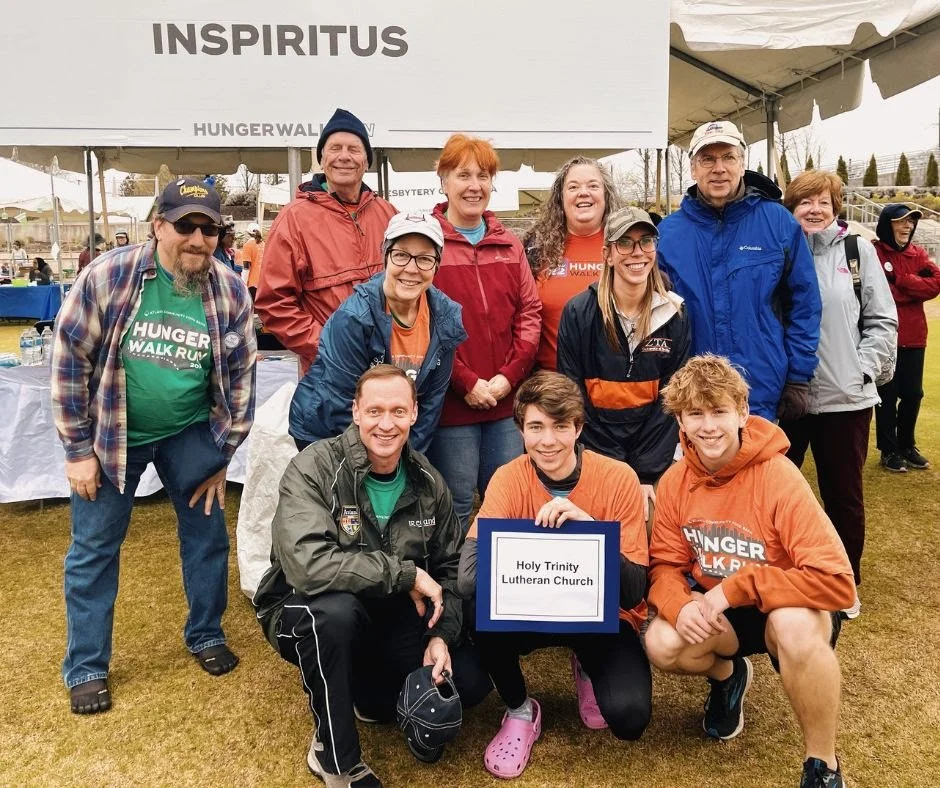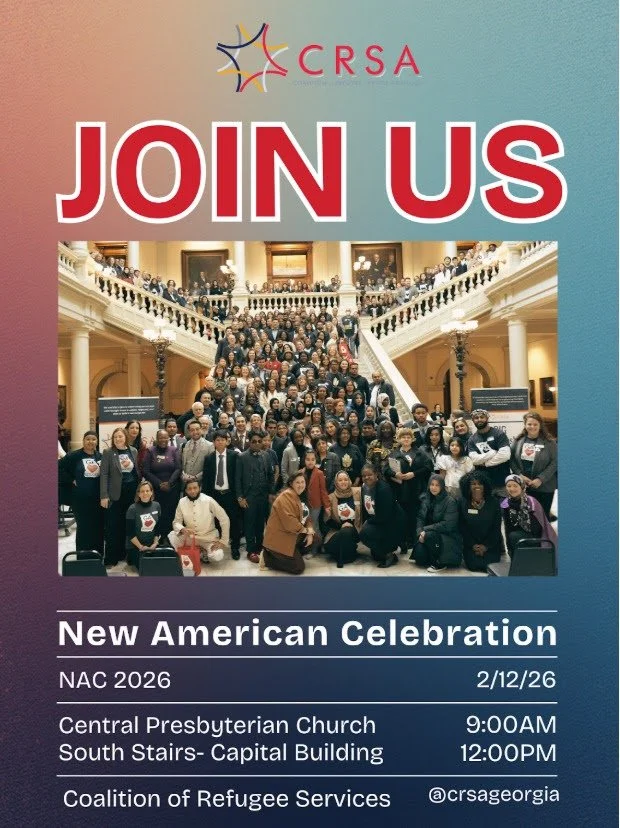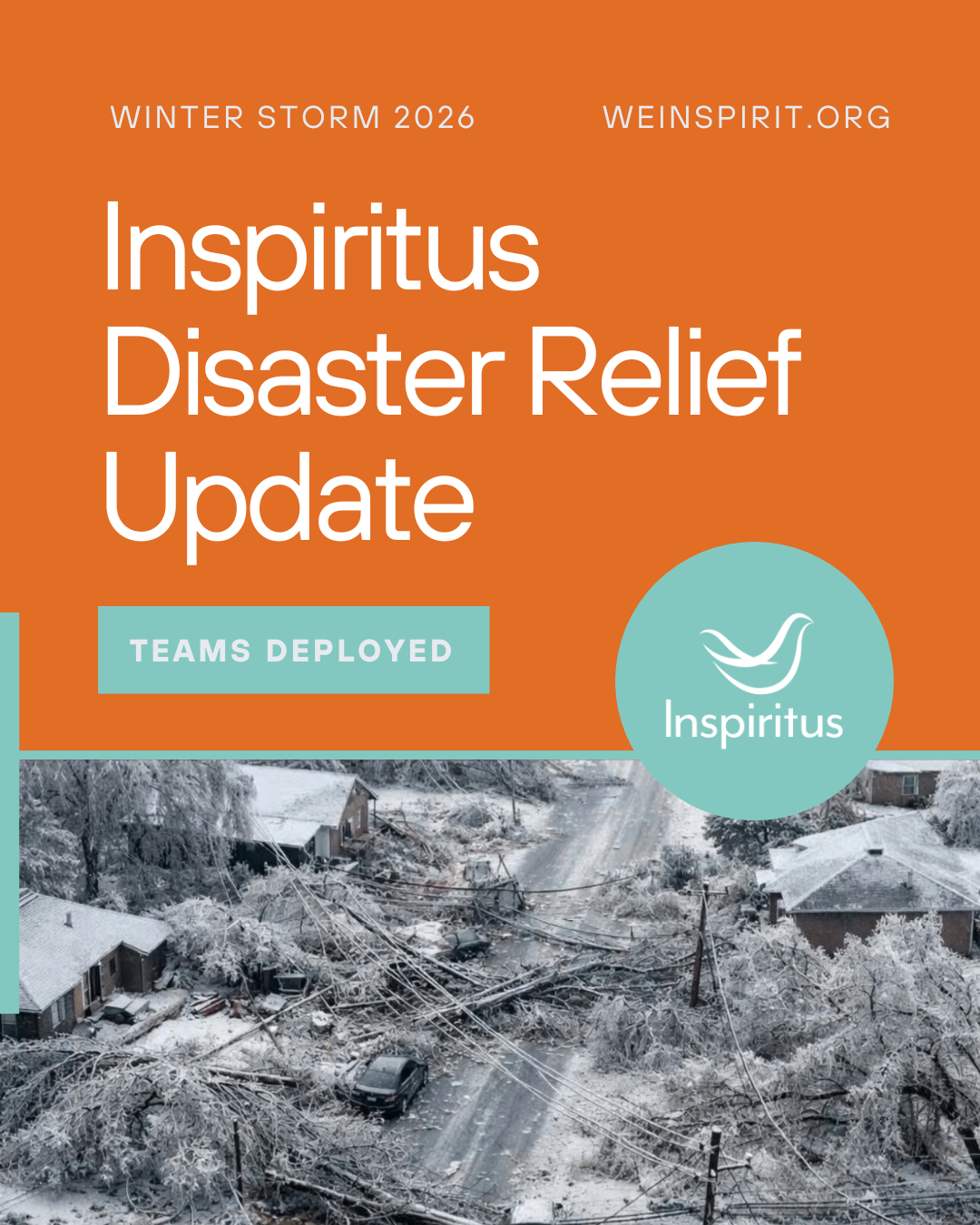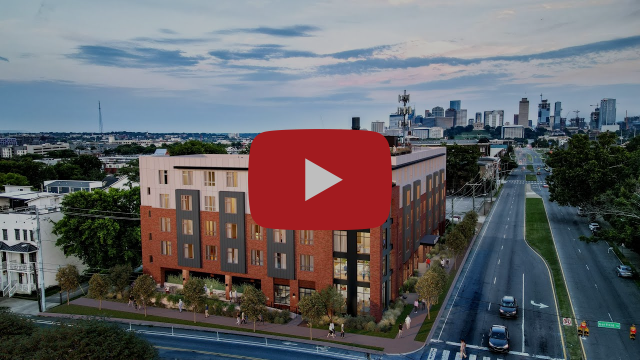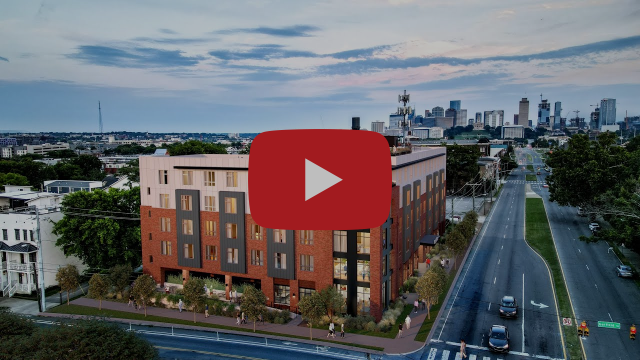Register Today: Hunger Walk 2026
/Hi everyone,
Thank you. Truly. Your support has made a real difference for families in our community. As we look ahead to Hunger Walk this year, we’d love to invite you to join us again.
Here’s one example of what your support has made possible.
Last year, when a sudden federal funding freeze threatened the stability of newly arrived families, the Inspiritus team faced a critical gap in essential resources. Families who had just arrived and were counting on promised assistance were suddenly left without reliable access to food.
Because people in our community stepped up through Hunger Walk, Inspiritus was able to respond quickly and thoughtfully.
That support made it possible to:
- Shop for and deliver groceries to more than 35 people, providing food and a sense of stability during weeks of uncertainty.
- Bridge the gap for families who lost access to federal assistance, ensuring they remained nourished while navigating a new country, new systems, and new expectations.
- Provide culturally appropriate food, helping families maintain dignity, health, and a sense of familiarity during a period of intense disruption.
This is what community looks like in action.
This year, the need continues. As policies continue to change, food access is becoming more uncertain for many newcomers; the support of our community is just as critical. We hope you’ll consider joining us again in one or more of the following ways:
1) Sign up for Hunger Walk:
Hunger Walk is a simple, accessible way to show up in solidarity and support food access for families who need it most. You can walk with us at The Home Depot Backyard or walk on your own anywhere on March 15.
• The Home Depot Backyard, near Mercedes-Benz Stadium
• Sunday, March 15, 2026
• 12:00–4:00 PM
2) Collect $10 grocery gift cards:
$10 grocery gift cards help meet immediate food needs and are distributed directly to families.
Gift cards can be: Brought to Hunger Walk on March 15, or dropped off or mailed to our Community Engagement team. To arrange drop-off, mailing, or ask questions, contact: communityengagement@weinspirit.org
3) Volunteer to help purchase and deliver groceries:
Some families are limiting how often they leave their homes. Volunteers can help by purchasing culturally appropriate groceries and delivering food directly to families. If you’re interested in volunteering or would like a grocery list, please contact: communityengagement@weinspirit.org
Each of these actions matter. Together, they create real, tangible support for people navigating a difficult transition.
Thank you again for being part of a community that shows up. We hope to walk alongside you again this year.
Warmly,
Sarah Burke
Community Engagement Manager
Inspiritus



